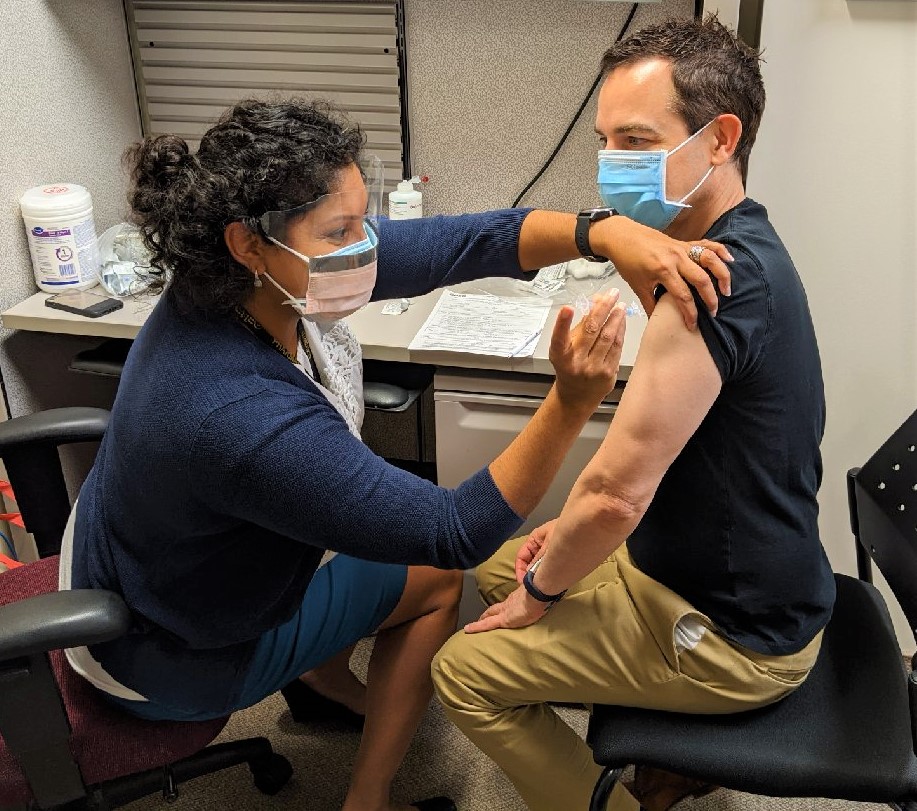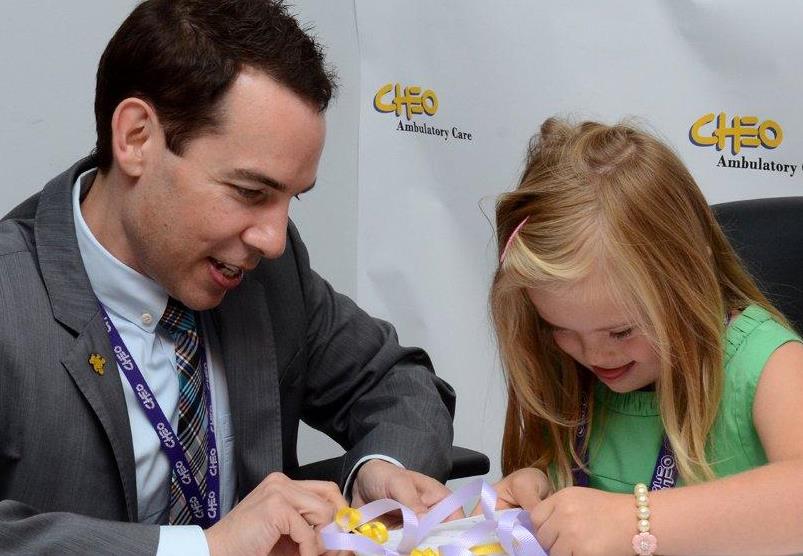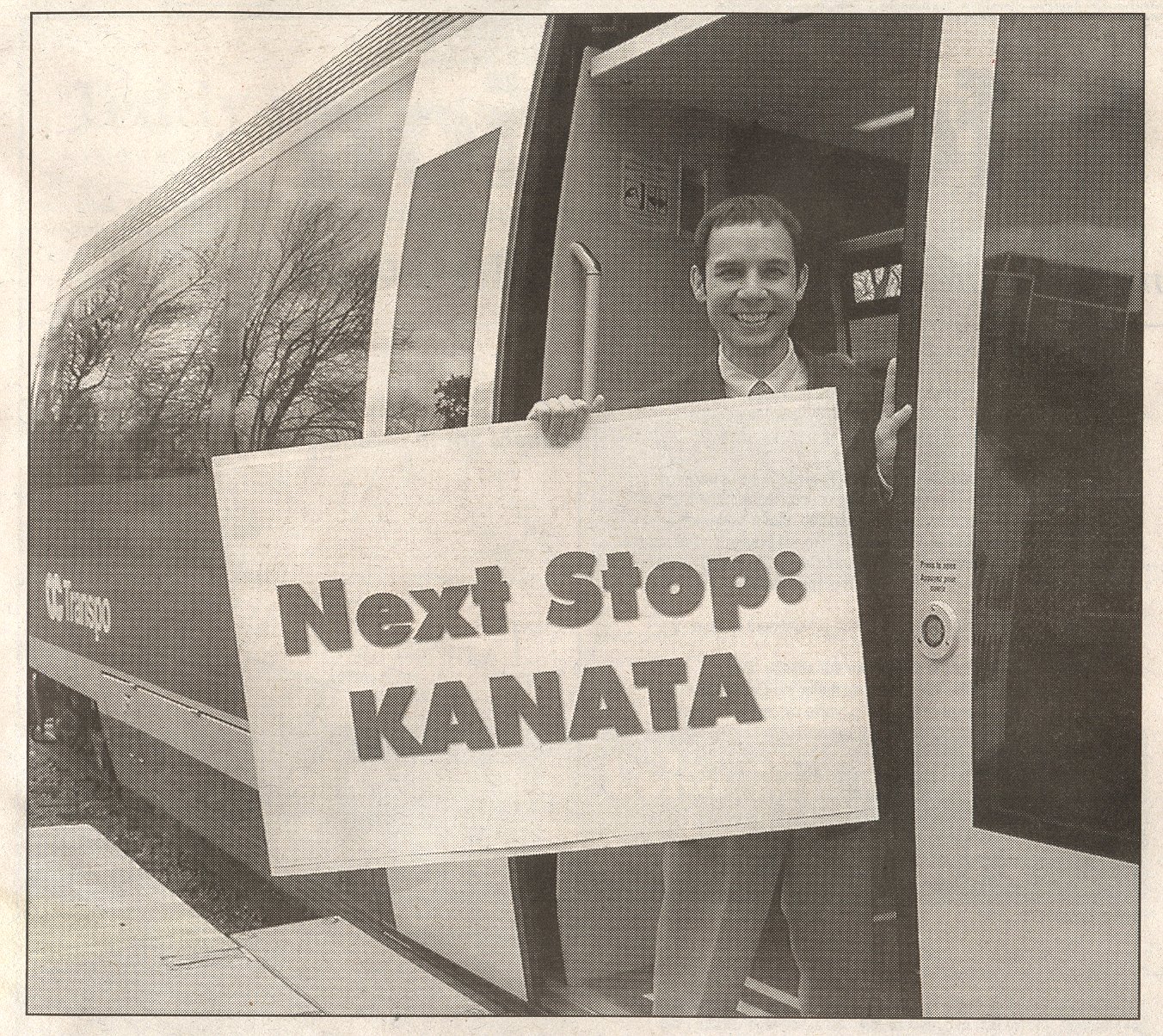As head of the Canadian Medical Association, the longtime public leader is making a difference at the national level.
by Iris Winston
Alex Munter has been serving the community throughout his working life. Now, as head of the Canadian Medical Association (CMA), he has moved to the national stage.
 “In many ways, my new job has a similar issue set, although I am dealing at the policy and system level more than on the front line,” he says. “But it’s still about protecting the health-care system. It’s exciting using my brain in a different way to try to solve the same kinds of problems I’ve worked on for a long time.”
“In many ways, my new job has a similar issue set, although I am dealing at the policy and system level more than on the front line,” he says. “But it’s still about protecting the health-care system. It’s exciting using my brain in a different way to try to solve the same kinds of problems I’ve worked on for a long time.”
This national role follows his 13 years as president and chief executive officer (CEO) at the Children’s Hospital of Eastern Ontario (CHEO). Although Alex has said that “understaying your welcome is part of leadership,” in a farewell letter to CHEO staff in the fall of 2024, he admitted having mixed feelings about leaving.

When he first started at the children’s hospital in Ottawa, he recalls, “I went around meeting people to see their work.” That included spending time with staff in the kitchen, far away from patient rooms. “I was struck by the amount of pride the kitchen staff had in their contribution to the well-being of the kids. They rightly saw themselves as part of the health-care team.
“I had versions of that experience almost every day of my 13 years,” he points out, acknowledging he learned from it: “Taking care of the youngest among us is a moral imperative and the definition of community building.”
At CHEO, he was noteworthy for circulating among patients, their families and hospital staff. “Any time I felt ground down by the bureaucracy with meeting after meeting, I’d go upstairs to one of the units and talk to staff and the families of patients to remind me what it’s all about,” he says. “When thinking about programs or budgets on an organization-wide level, it’s really important to understand how it feels and is heard on the front lines.”
It is safe to say that meeting Alex also recharged those who came in contact with him. He could be spending a day in a wheelchair to gain experience on how kids coped with the confinement, meeting youth with mental health challenges or taking food and water to tired staff during assorted health crises.
Alex is happy to be a member of the sandwich generation—literally. He lives with his immediate family on the middle floor of a multi-generational
household, with his father-in-law on the floor above and his parents on the floor below.
That hands-on approach has necessarily changed for his current position helming the CMA, the nation’s largest advocacy group for medical doctors. With more than 68,000 members, its mission is “to advance the needs and interests of Canada’s physicians to maximize professional fulfillment and optimize patient care.”
“The CMA has a different kind of impact,” he explains, noting that the emphasis now is on trying to change the system to ensure that everyone has access to primary care. “That’s especially important for seniors who often have more trouble navigating a very complex system on their own at the very time their needs may be increasing.”

Alex has decades of experience in creating change. He served on Kanata, Ottawa Regional and Ottawa City councils for more than a dozen years before moving into administration with the Champlain Local Health Integration Network, the Youth Services Bureau and CHEO. “My entire career was at the local service-delivery level before going to the CMA. Now, at the national level, the CMA is focused on finding solutions for the most vexing problems in the health-care system. I hope that my firsthand experience of those problems can be helpful.”
He’s also hoping he can still have an impact on CHEO, even in an indirect way. “As a parent, I’m invested in the organization’s future,” he says. “The thing about pediatric health care is that treatment is often prevention.…By supporting kids’ health, we are making an investment in tomorrow. An aging society needs to invest in the health and development of kids. I call that ‘pedianomics.’ One of the best things we can do for kids is to make investments and build the systems that prevent them from needing to come to hospital in the first place. That’s true for physical, developmental, behavioural and especially mental health.”
Getting there involves “changes and solutions at the macro level,” he continues. “We need to have adequate health unit resources, make sure that physicians have the time to do clinical work as opposed to paperwork and address gaps in primary care. It’s a huge issue that so many people don’t have access to a family doctor.”
 Alongside dedication to his work, Alex demonstrates his family commitment every day. He talks with pride and joy of the son that he and his long-time partner, Dennis, adopted in 2018 and is clearly happy to be part of a multi-generational household with his parents, his father-in-law and their Boston terrier.
Alongside dedication to his work, Alex demonstrates his family commitment every day. He talks with pride and joy of the son that he and his long-time partner, Dennis, adopted in 2018 and is clearly happy to be part of a multi-generational household with his parents, his father-in-law and their Boston terrier.
“My partner is of Filipino origin and when we visit family in the Philippines, we often see older folks living with family,” he says. “It’s the norm there.”
Less usual—in any household, anywhere—is for a teenager to be in a position to help pay off his parents’ mortgage. Alex did that when he sold the Kanata Kourier, the community newspaper he founded when he was 14. He describes the venture, which operated out of their home, as a family business in which his mother sold advertisements, his father wrote computer programs and he and his brother distributed the newspaper. Then Prime Minister Brian Mulroney named him Young Entrepreneur of the Year in 1988 for its success, one of many awards he has collected through an impressive career that continues to have a major impact, especially on health-care. As always, he throws himself into his current job “with gusto,” and commitment to making a difference.






